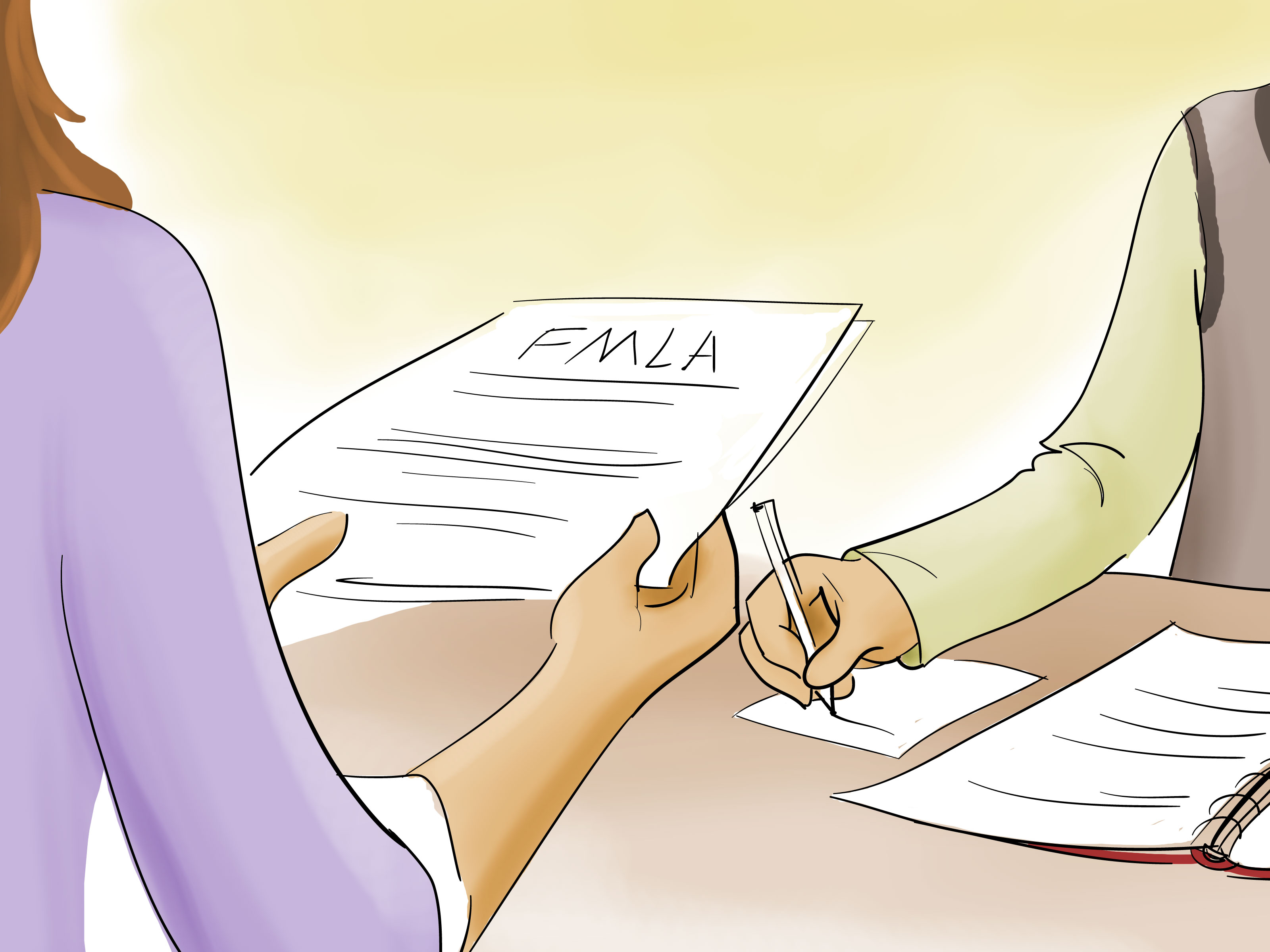FMLA Paperwork: Can a Specialist Fill It Out?

The Family and Medical Leave Act (FMLA) provides employees with the right to take up to 12 weeks of unpaid, job-protected leave for certain family and medical reasons. When an employee needs to take leave under FMLA, the paperwork can seem daunting, particularly the part where medical certification is required.
Understanding FMLA Medical Certification

The FMLA medical certification is a crucial document that confirms the employee’s need for leave due to a serious health condition either for themselves or to care for a family member. Here’s what you need to know:
- Who can certify: Typically, certification must come from a healthcare provider who has direct professional knowledge of the patient’s condition.
- Role of healthcare providers: Healthcare providers certify the medical necessity of the leave, detailing the condition, duration, and requirements for care.
Specialists vs. General Practitioners

While general practitioners can handle most medical certifications for FMLA, there are scenarios where a specialist might be more appropriate:
- Specialized Conditions: If the health condition is specific to a medical specialty, like a neurologist for stroke or an oncologist for cancer, their expertise can provide a more precise diagnosis and prognosis.
- Complexity of Condition: Complex cases that require ongoing treatment or detailed medical insight might benefit from a specialist’s input.
When to Choose a Specialist
Here are circumstances when opting for a specialist for your FMLA certification might be necessary:
- Condition Specificity: If your condition falls within the realm of a certain specialty, having that specialist certify can strengthen your leave request.
- Second Opinions: If your general practitioner’s certification is questioned, a specialist’s corroboration could be vital.
- Employer’s Requirement: In some cases, your employer might request certification from a specialist, particularly if there are concerns about the nature of the leave.
🔍 Note: Check with your employer or HR department regarding any specific requirements for FMLA medical certifications.
Steps to Obtain FMLA Medical Certification from a Specialist

Here’s how you can effectively navigate the process of getting FMLA certification from a specialist:
Identify the Need: Assess if your condition requires a specialist’s expertise.
Secure an Appointment: Schedule a visit with your specialist. Ensure you mention the FMLA certification need upfront to avoid any last-minute complications.
Bring Necessary Documents: Carry your medical records, details of your FMLA leave application, and any forms or guidelines provided by your HR department.
Communicate Clearly: Explain to the specialist the purpose of the visit and what the FMLA requires from their certification:
- Expected duration of the leave.
- Nature of the health condition.
- Treatment plan and expected recovery.
Follow Up: Ensure the specialist completes the certification form and returns it in a timely manner. If there’s a delay, a follow-up call might be necessary.
Table: Example of Specialist Information for FMLA
| Specialist Type | Common Conditions Treated |
|---|---|
| Oncologist | Cancer |
| Neurologist | Stroke, MS, Epilepsy |
| Cardiologist | Heart Disease, High Blood Pressure |

Potential Challenges

- Availability: Finding an appointment with a specialist can be time-consuming.
- Cost: Specialist visits might not be fully covered by insurance.
- Communication: Specialists might be less familiar with the specific requirements of FMLA paperwork compared to general practitioners.
Solutions to Common Challenges

- Planning: Schedule your specialist appointment well in advance to avoid delay in your FMLA application.
- Documentation: Provide as much information as possible to the specialist to make the certification process smoother.
- HR Support: Leverage your HR department for guidance on filling out the FMLA forms correctly.
The use of a specialist for FMLA medical certification, when necessary, can offer a detailed and precise medical assessment, enhancing your leave request’s credibility. Remember to consider the nature of your condition, your employer’s requirements, and logistical aspects when deciding between a general practitioner or a specialist.
Throughout the journey of obtaining FMLA leave, ensure that you stay organized, communicate clearly with both your healthcare provider and your HR department, and keep thorough records of your certification. This approach not only smoothens the process but also ensures that your rights under the FMLA are well-represented and documented.
The final wrap-up:
In navigating the complexities of FMLA paperwork, understanding when to involve a specialist can make a significant difference. Their expertise can provide a more robust certification, especially in cases where the condition is complex or highly specialized. With clear communication, careful planning, and a collaborative approach with both your healthcare provider and HR department, the process of obtaining and certifying FMLA leave becomes manageable, ensuring you receive the necessary support and time for recovery or caregiving.
Can any healthcare provider certify FMLA leave?

+
While most healthcare providers can certify FMLA leave, the certification must come from someone who has direct professional knowledge of the patient’s condition. This usually means a physician, but in some cases, other healthcare providers like nurse practitioners or physician assistants can also certify if they have the appropriate knowledge.
What if my condition is chronic and requires ongoing treatment?

+
FMLA covers serious health conditions, which includes chronic conditions that require periodic visits to a healthcare provider or ongoing treatment. Ensure the certification details the ongoing nature of the treatment and expected frequency of leaves.
How do I know if I should involve a specialist for FMLA certification?

+
If your condition falls within a specific medical specialty, like neurology or oncology, or if there’s complexity in your medical case, involving a specialist can provide a more detailed and accurate certification.